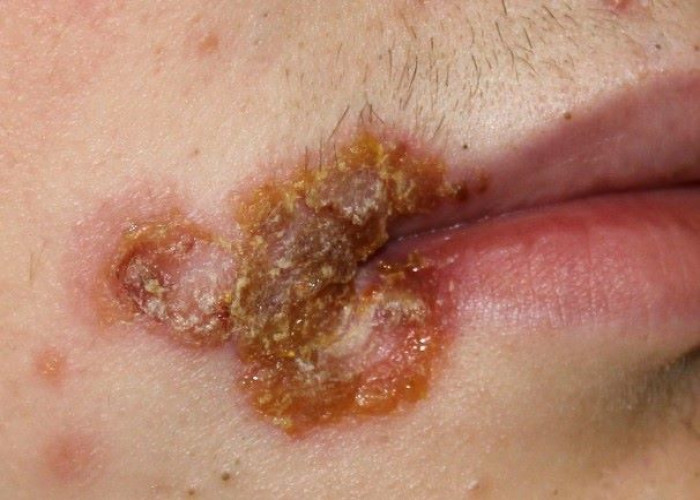 Welcome
Welcome
“May all be happy, may all be healed, may all be at peace and may no one ever suffer."
Impetigo
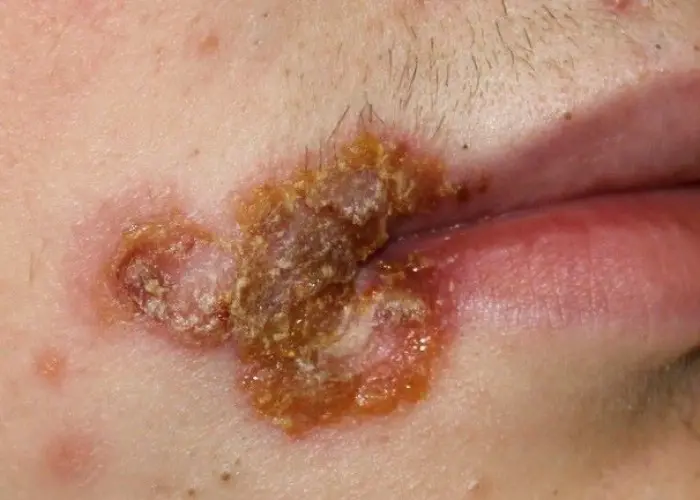
Impetigo is a common bacterial skin infection that is most often seen in children. It is highly contagious and is caused by either Staphylococcus aureus or Streptococcus pyogenes bacteria.
The infection typically starts as small red blisters that burst and ooze, forming a yellowish-brown crust. The rash is usually located on the face, particularly around the mouth and nose, but can also appear on other parts of the body.
Impetigo can spread through direct contact with an infected person or through contact with contaminated objects, such as towels or toys. The infection can also spread through contact with the fluid from the blisters or by inhaling droplets from an infected person's cough or sneeze.
Treatment for impetigo usually involves antibiotics, either as a topical cream or ointment or in severe cases, oral antibiotics may be prescribed. It is also important to practice good hygiene, such as washing hands frequently, not sharing towels, and keeping the affected area clean and dry.
If left untreated, impetigo can lead to more serious skin infections or other complications, particularly in individuals with weakened immune systems. It is important to see a healthcare provider if you suspect you or your child may have impetigo, and to follow their recommended treatment plan.
Research Papers
Disease Signs and Symptoms
- Red skin
- Red spots in skin
- Itching
- Small, pus-filled, blister-like lesions (pustules)
Disease Causes
Impetigo
Impetigo is caused by bacteria, usually staphylococci organisms.
You might be exposed to the bacteria that cause impetigo when you come into contact with the sores of someone who's infected or with items they've touched — such as clothing, bed linen, towels and even toys.
Disease Prevents
Impetigo
Keeping skin clean is the best way to keep it healthy. It's important to wash cuts, scrapes, insect bites and other wounds right away.
To help prevent impetigo from spreading to others:
- Gently wash the affected areas with mild soap and running water and then cover lightly with gauze.
- Wash an infected person's clothes, linens and towels every day with hot water and don't share them with anyone else in your family.
- Wear gloves when applying antibiotic ointment and wash your hands thoroughly afterward.
- Cut an infected child's nails short to prevent damage from scratching.
- Encourage regular and thorough handwashing and good hygiene in general.
- Keep your child with impetigo home until your doctor says they aren't contagious.
Disease Treatments
Impetigo is treated with prescription mupirocin antibiotic ointment or cream applied directly to the sores two to three times a day for five to 10 days.
Before applying the medicine, soak the area in warm water or apply a wet cloth compress for a few minutes. Then pat dry and gently remove any scabs so the antibiotic can get into the skin. Place a nonstick bandage over the area to help prevent the sores from spreading.
For ecthyma or if more than just a few impetigo sores are present, your doctor might prescribe antibiotics taken by mouth. Be sure to finish the entire course of medication even if the sores are healed.
Disease Diagnoses
Disease Allopathic Generics
Disease Ayurvedic Generics
Disease Homeopathic Generics
Disease yoga
Impetigo and Learn More about Diseases

Tape Worm
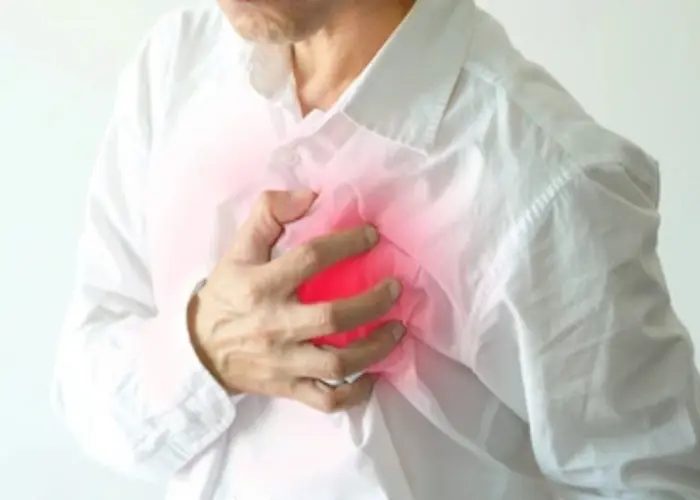
Congenital heart disease in adults

Schizoid personality disorder
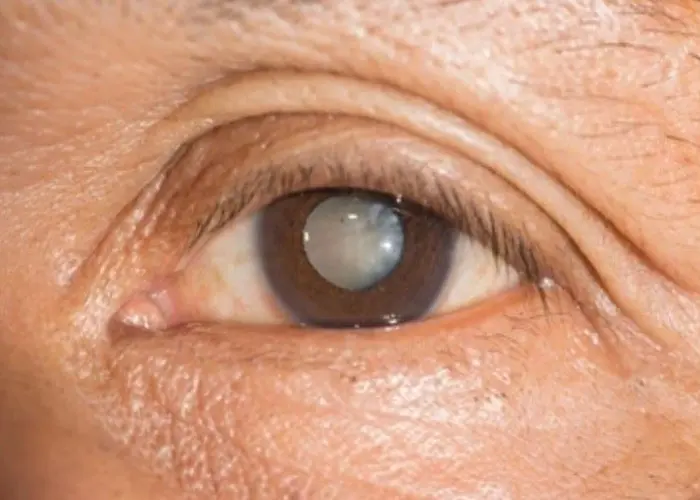
Cataracts
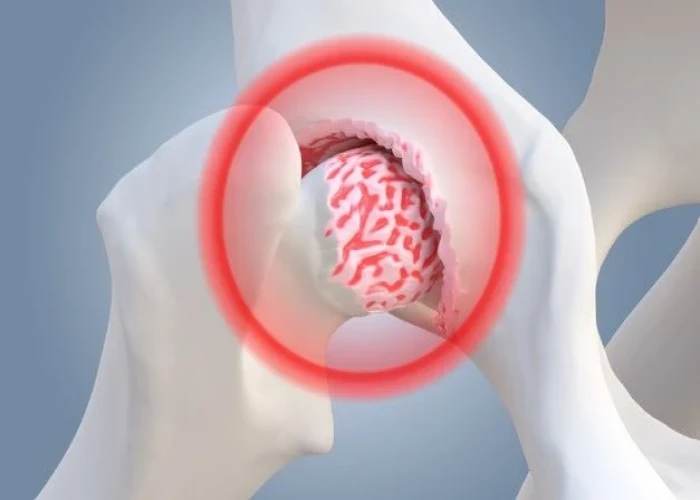
Osteoarthritis
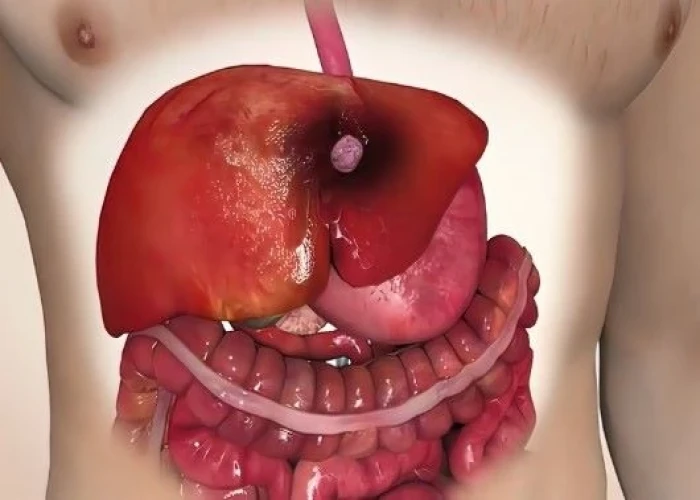
Liver cancer

Pectus excavatum
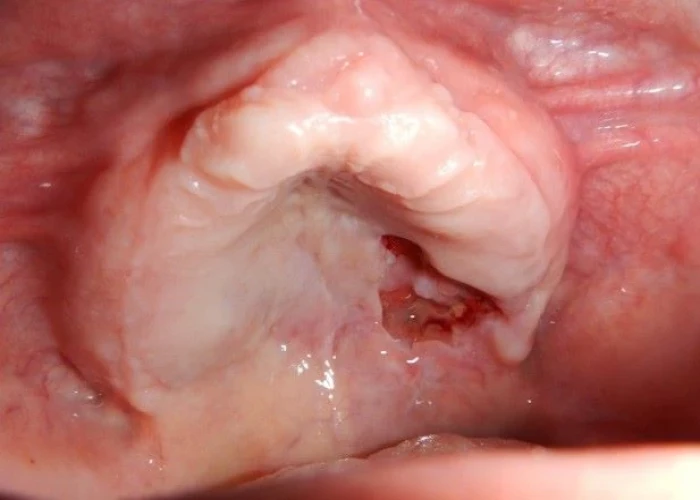
Non-Hodgkin's lymphoma
impetigo, ইমপিটিগো
To be happy, beautiful, healthy, wealthy, hale and long-lived stay with DM3S.
